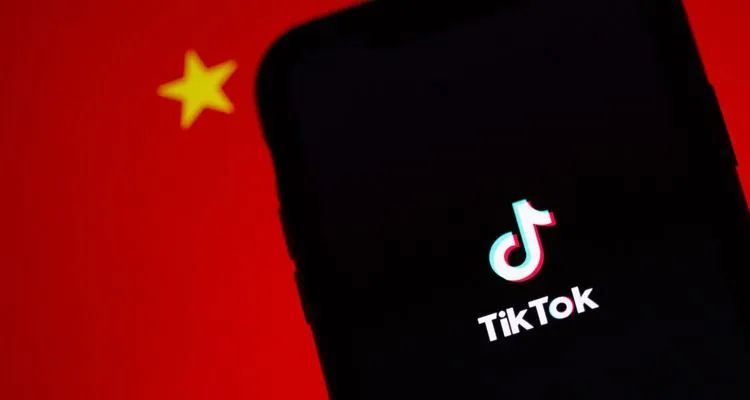Photo Credit: Solen Feyissa
Earlier this month, the Senate unanimously passed the “No TikTok on Government Devices Act,” which, as its title suggests, would prohibit the use of the video-sharing app on all government-owned cell phones and computers. Now, a modified version of the legislation has been added to the omnibus spending bill.
The presence of the No TikTok on Government Devices Act in the nearly $1.7 trillion omnibus spending bill just recently came to light with the release of the latter legislation itself. Spanning a staggering 4,155 pages and described by critics as a mockery of the legislative process, the voluminous bill rather predictably includes a multitude of expenditures and measures that are wholly unrelated to the continued funding of the federal government.
(Back in December of 2020, opportunistic lawmakers quietly slid the CASE Act, a felony streaming law, and much more into a 5,593-page-long stimulus bill that became available to members of Congress in its entirety not long before they voted.)
And as noted, among the expenditures and measures in the newer of these enormous bills is the No TikTok on Government Devices Act. Beginning on page 2,001 and jammed between sections entitled “DIVISION Q—AVIATION RELATED MATTERS” and “DIVISION S—OCEANS RELATED MATTERS,” this version of the act differs slightly from that which was originally introduced in 2020.
Specifically, the iteration in the omnibus spending bill would give the director of the Office of Management and Budget a maximum of 60 days post-enactment to “develop standards and guidelines for executive agencies requiring the removal of any covered application from information technology.”
While “covered application” refers directly to “the social networking service TikTok or any successor application or service developed or provided by ByteDance Limited or an entity owned by ByteDance Limited,” the referenced definition of “information technology” shows that the term “does not include any equipment acquired by a federal contractor incidental to a federal contract.”
Moreover, the development of “standards and guidelines for executive agencies” doesn’t necessarily mean that said agencies will immediately follow these suggestions and officially prohibit the use of TikTok, and a precise implementation timetable doesn’t appear to be part of the current version of the bill. The ByteDance-owned app has been the subject of far-reaching user-data criticism, has faced shocking lawsuits, and would be banned outright in the U.S. if the ANTI-SOCIAL CCP Act was signed into law.
On the other hand, the No TikTok on Government Devices Act as originally written would have simply barred each “employee of the United States, officer of the United States, Member of Congress, congressional employee, or officer or employee of a government corporation” from downloading or using “TikTok or any successor application developed by ByteDance.”
With a Friday deadline to avert a government shutdown, the Senate may “start voting on amendments later Wednesday, teeing up a late night or early morning of voting” on the omnibus bill, according to the Wall Street Journal.

